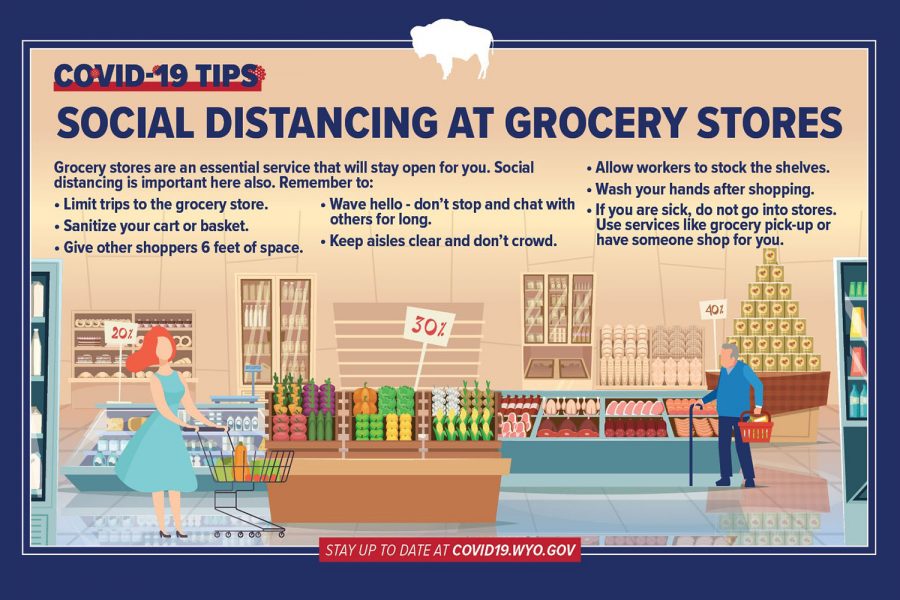Could coronavirus be good for us?
May 6, 2020
Despite all the disaster surrounding COVID-19, there may just be a little bit of a silver lining to it all. There is no doubt, the coronavirus is a massive challenge for the world. People are dying by the thousands, millions are sick, and economies are crashing. These are terrifying times. But, through it all, and although it may not be mainstreamed, the world may become a better place due, at least partly, to COVID-19. Many good things are happening around the world that are making a big impact.
Illegal wildlife trafficking is getting a ton of attention due to the virus. According to phys.org, a science, research and technology news website, “some health experts think wildlife markets—specifically in Wuhan, China—led to the spillover of the new coronavirus into human populations.” It is thought the virus was spread from some of the species being sold, such as bats or pangolins since they are carriers of coronavirus, to the sellers and the consumers.
Zoonotic transmission is the main source of many diseases that are found commonly today. Due to the pressing response of the public, measures were put in place by China’s top legislators to restrict trade of wildlife species and hopefully prevent illegal and unregulated trade. Many scientists believe shutting down these “wet markets” is essential to stopping COVID-19 and other easily transmittable diseases. Similar steps are being taken in other countries with this problem.
Another positive result of COVID-19 is air pollution levels have decreased worldwide as the virus has spread globally. According to nationalgeographic.com, as factories temporarily shut down and people stayed home, the level of harmful gasses has gone down more than 70% in some places. Early April brought news of Los Angeles, CA, reporting some of the cleanest air of any major city in the world, according to IQAir, a Swiss air quality technology company which also monitors pollution levels in cities around the globe. A CNN.com article shows how many major cities with high levels of air pollution now have visible and clear skies. Las Vegas is having a streak of clean air with a 51% drop in air pollution from the average of the past four years.
Satellite data showed a 30% drop in air pollution in March over the Northeast U.S. compared to the same time period in previous years, according to April reports from NASA. The agency noted the changes “have come at a high cost” as communities grapple with shelter-in-place orders. Due to the cleaner air, many people want to push green deals with the government to hopefully preserve and maintain the cleaner environment.
Cleaner air isn’t the only positive environmental outcome of staying home. According to time.com, a mesmerizing video of a jellyfish silently slipping through the normally turbid waters in Venice, Italy, was captured by biologist Andrea Mangoni. The article goes on to explain, as tourists stay home during the ongoing coronavirus pandemic, Venice has become quiet. The boat traffic that normally fills the canals has dramatically lessened, noticeably improving the water conditions. The clear water is due to little or no boat traffic, allowing the sediment to settle and the wildlife to come out. Things like fish, jellyfish, swans and dolphins have been spotted since the national lockdown started.
There is no doubt, the spread of the coronavirus has devastated the citizens of the world, both physically and mentally. The loss of life has shocked us on many levels, but it is worth it to look for the silver linings. This pandemic may just build enough awareness to make us realize the massive effects we have, both positively and negatively, on the world around us.


